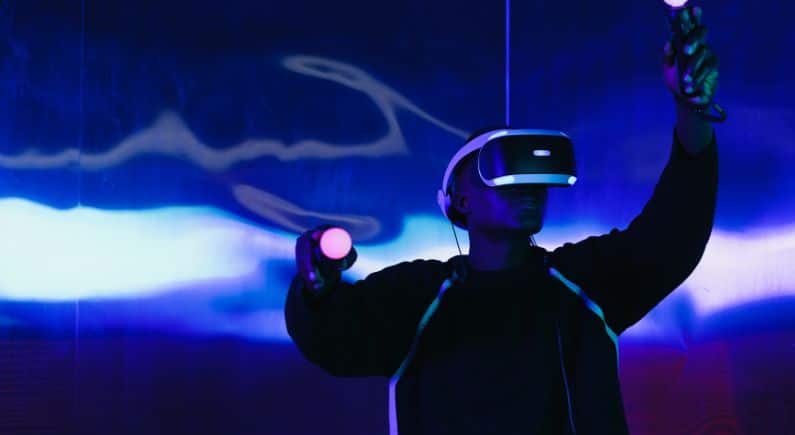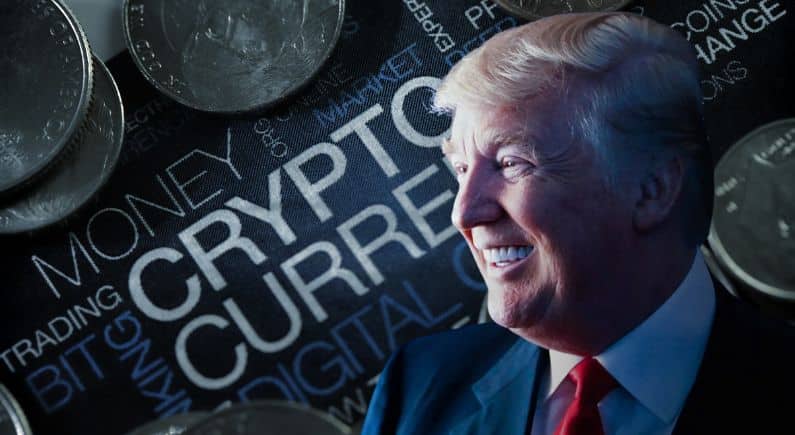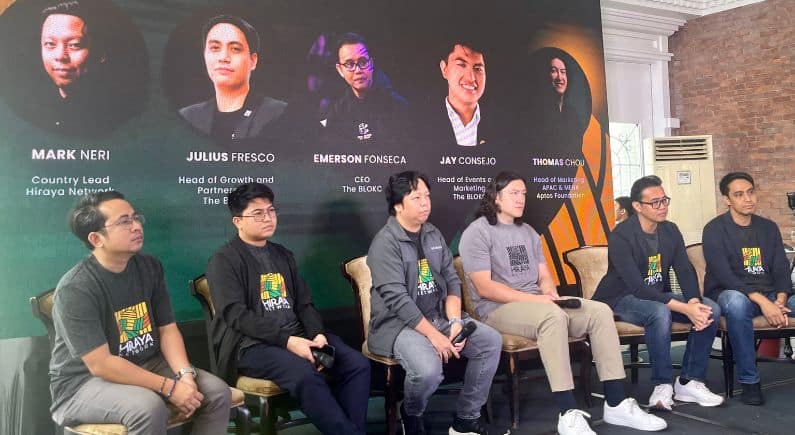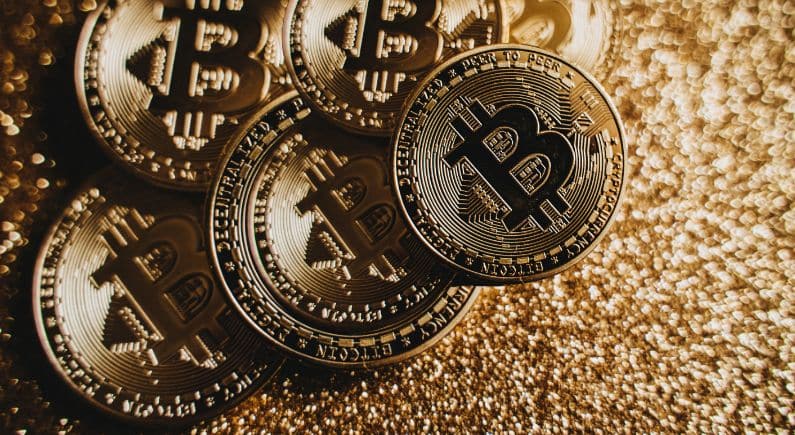[WATCH] The DeFi Trinity: Tone Vays and the future of Bitcoin at AIBC 2021
![[WATCH] The DeFi Trinity: Tone Vays and the future of Bitcoin at AIBC 2021](https://aibc.world/wp-content/uploads/2022/01/Vays-Banner-1.jpg)
A key thought leader in the evolving crypto-community, Tone Vays leverages his knowledge of Bitcoin and the global financial system to speak about how Bitcoin works and how it could be the basis of a safer, fairer and more decentralised financial system
Coming from a traditional Wall Street background, Vays’ finger has been on the pulse of the global financial system for long enough to know that centralization has only been a boon for a fleetingly small demographic with most other users left completely out of the process. With this in mind, cryptocurrencies such as Bitcoin have the potential for upending the incumbent system but could only do so if larger segments of the population are educated about the ecosystem.
So my view of decentralization is a triangle with three equally important parts. Those parts are coding, mining and running a node.
Starting with coding, the lifeblood of any DeFi project, most of the decentralization that is imbued within the project comes from the diversity (or lack thereof) of its coders.
A project can claim to have the greatest developer in the history of the world but if it’s just one person that code base is not very decentralized. You don’t know what that person is thinking. You don’t know if that person could be coerced to put something in the code with no one else watching. Open source code simply means that others can see the code. It doesn’t mean that they can contribute to the code base.
Reflecting on Bitcoin, he focuses on the fact that the project involves a very large quantity of very highly skilled developers. In this case, he also stresses the fact that the quality of the developers is a crucial lynchpin for the survival of a project as quantity does not necessarily denote quality when it comes to the overall potential of a project.
There are open statistics on which developers have coded how many lines of code into Bitcoin and that’s what makes that code base the most decentralized of all other projects.
He also elaborated on how the ongoing projects and updates could break further ground in the near future relating to the Bitcoin project.
Bitcoin is building out the biggest infrastructure since the internet itself….. Taproot just got out. It is going to give Bitcoin amazing privacy, which will definitely replace all of the private coins. Everything will eventually migrate onto Bitcoin because it is the best decentralized cryptocurrency we have and that still matters. It just takes a little bit of time because unlike any other project, if Bitcoin fails everything fails.
Concluding on the topic of coding by reflecting on the fact that the role of both internal and external factors as well as attacks by hackers and governments will influence the rate of adoption, he then moves onwards to the second pillar of the DeFi trinity; mining.
Bitcoin created digital scarcity. Infinite amount of digital scarcity with a billion tokens is not digital scarcity. Mining is an absolute critical function. Now a lot of people accuse mining itself of being centralized. Mining, even if it was centralized, which it isn’t, is only one part of the decentralized triangle. So even if mining was centralized, the other two parts will not let the centralized mining cause any serious damage to Bitcoin, which is a big misconception.
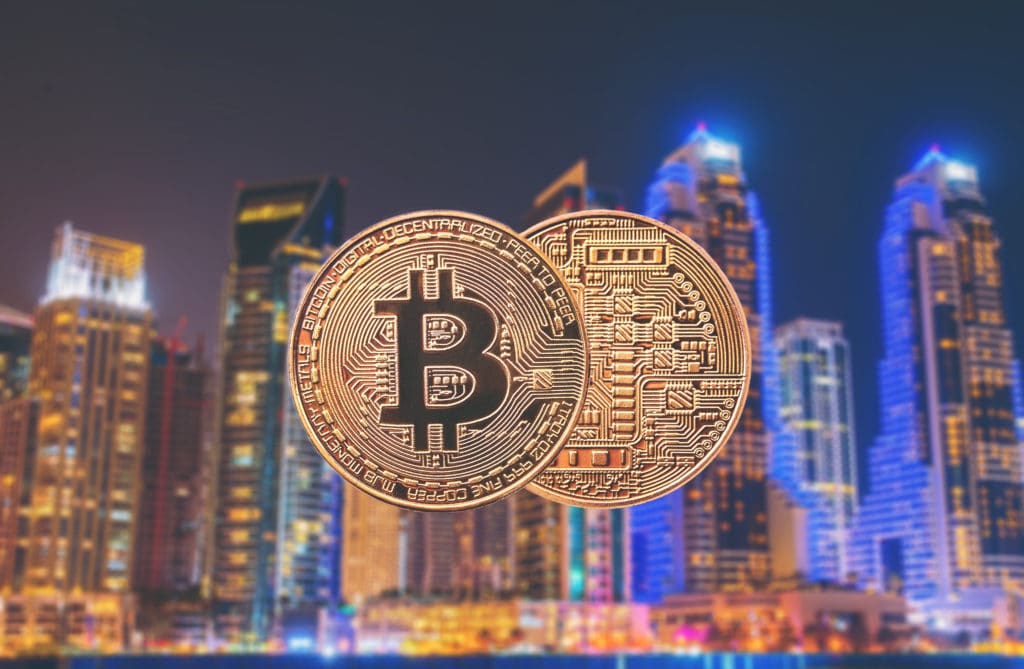
Speaking on the role of mining pools within the Bitcoin ecosystem, Vays notes that some pools do have an unreasonable amount of control over the transactions. This being said, the mining pool named Slosh which developed the original software is developing a new software framework that would allow miners to create their own pools inside their own blocks. This would also allow them to choose their own transactions, ensuring that the process of mining on this system remains decentralized regardless of the nation the miners operate from.
Now let’s talk about the last part. I have a degree in financial engineering. I used to code financial models on wall street but I cannot contribute to the core code base. It’s way beyond my capability as a coder. My chances of starting a mining farm in Bitcoin are about the same as starting a mining farm for gold, but I can run a node.
Elaborating on the process of running a node, Vays notes how this is actually the most feasible aspect of the DeFi Trinity as it would not necessitate any level of technical knowledge.
Anyone can run a node, running a node on Bitcoin is actually doable because it only takes up 300 to 400 gigabytes of storage and it’s very, very simple. You can process your own trans. If your decentralized project does not let you run a node to validate your own transactions, you have absolutely zero contribution to that decentralization so running a node is absolutely critical.
Covering these three pillars in brief, Vays then provides four questions that should serve as the benchmark towards judging if a project is genuinely decentralized or not.
Who is doing the coding? Can you see who’s doing the coding? Can you mine? And can you run a node to validate the rules and enforce the rules that you believe in for the project?
He concludes his keynote by telling the audience that they should question the claim of every single “decentralized” project to maintain the potential of the ecosystem and to ensure that too much power is not held in too few hands.
Moving towards a Q&A session, he elaborated on a broad variety of subjects such as the value of operating a node and how it could safeguard your financial future, the potential of decentralized projects over centralized ones, his own personal work within the space specifically in terms of education and how the energy requirements of the Blockchain could actually spearhead innovation in the green energy sector rather than act as a threat to the environment.
AIBC returns to the United Arab Emirates:
Drawing the leading figures of the emerging tech world to the Middle Eastern metropoles for cutting edge technology, the 2022 AIBC UAE expo plans to unite the policy-makers, developers, C-suite executives, and legal experts of the burgeoning AI and Blockchain sectors. Through three days of educational panels, inspiring keynote speeches, workshops, and networking events, the expo seeks to create the foundation that the Industrial Revolution 4.0 can be built upon. Join us from the 20th to 23rd March 2022, in UAE.




